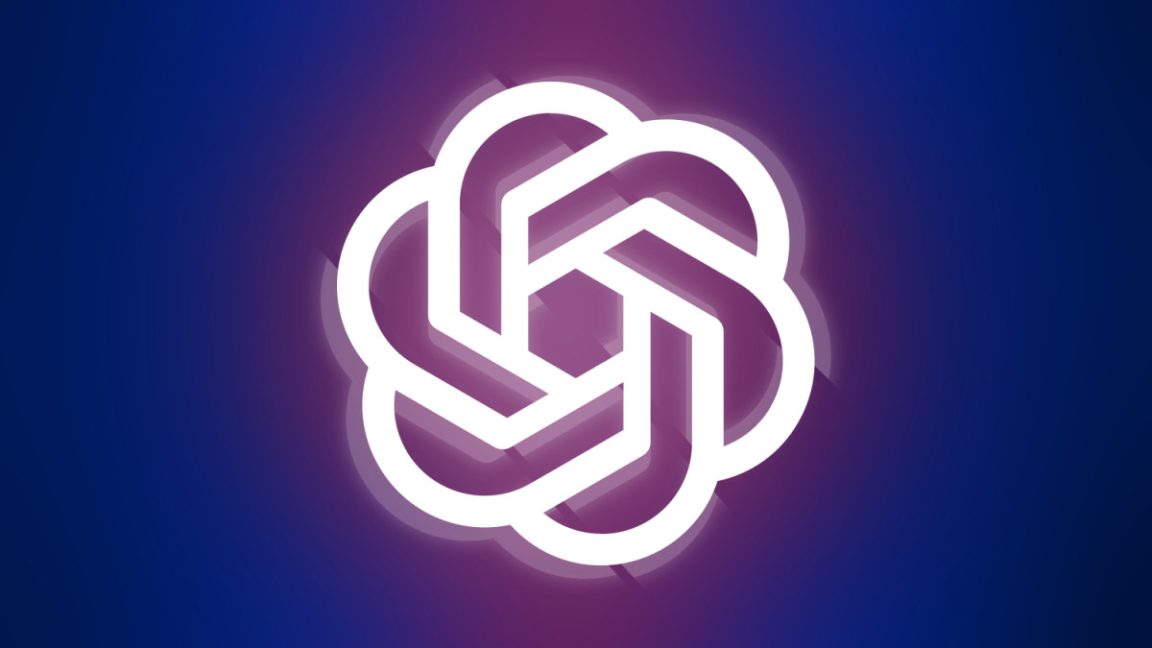OpenAI's GPT-5 Rollout Faces User Backlash

The launch of OpenAI's highly anticipated GPT-5 AI model has not gone as planned, stirring considerable discontent among ChatGPT users. Just days after its release, the decision to automatically phase out earlier models sparked one of the most significant user revolts in ChatGPT's history. In response, CEO Sam Altman had to issue a public apology and make revisions to previous decisions.
At the core of the uproar is OpenAI’s unexpected move to eliminate user access to prior AI models in ChatGPT, a decision that blindsided many who were accustomed to a variety of models available. Unlike API users who receive clear notifications before model changes, ChatGPT users found their usual models removed abruptly, as highlighted by various AI researchers and enthusiasts.
The problems emerged quickly following GPT-5's launch. A Reddit thread titled "GPT-5 is horrible" amassed over 2,000 comments filled with user dissatisfaction regarding the model’s performance and the abrupt discontinuation of older models. Social media platforms buzzed with complaints about these changes and their impact on user experience.
Before the release, ChatGPT Pro users had access to multiple AI models, including Deep Research. Users shared how the removal of models affected routine tasks and workflows. On platforms like Reddit, users discussed how different AI models fit specific needs and how abruptly removing them caused significant disruptions, highlighting the varied applications users had tailored with those models.
Other issues compounded the rollout difficulties. OpenAI faced criticism for a presentation that users dubbed a "chart crime," due to misleading performance graphs. Furthermore, an automatic model selection system malfunctioned, often defaulting to less capable variants, aggravating frustrations about GPT-5's inability to match previous models' conversational tone.
The changes even prompted emotional user reactions, reflecting deep-seated attachments to previous AI models. Many expressed grief over losing what they described as their "only friend," a sounding board during personal difficulties.
For some, the launch proved a tipping point, leading them to cancel subscriptions or explore alternatives like Google's AI solutions. OpenAI, caught off guard by the intensity of the pushback, found itself in rapid damage control. Sam Altman responded to user feedback by promising to reinstate GPT-4o as an option and to increase transparency regarding model use.
The debacle underscores a lesson for OpenAI, as user adaptation to new models reveals whether performance advancements align with actual user preferences and needs.



